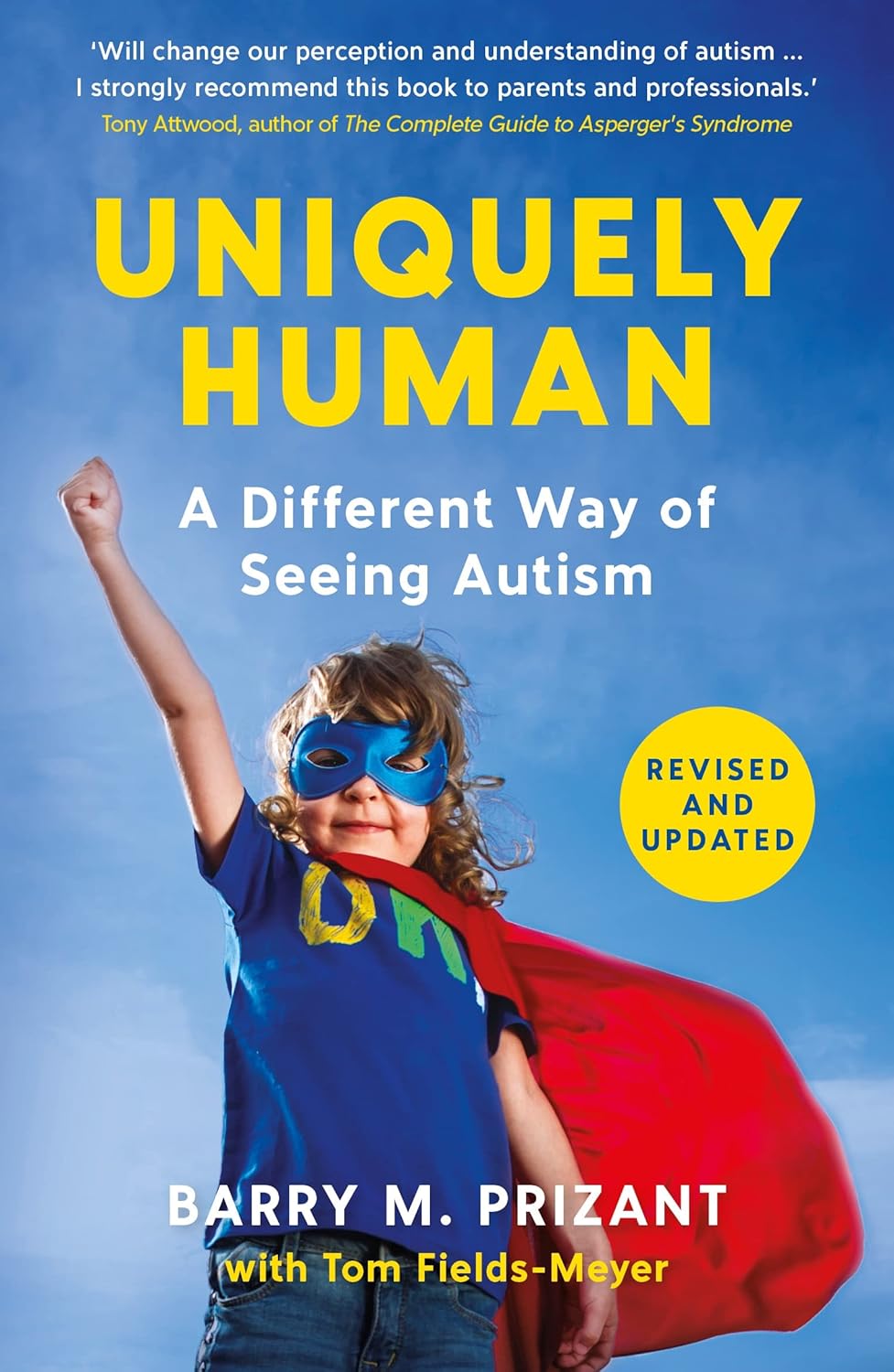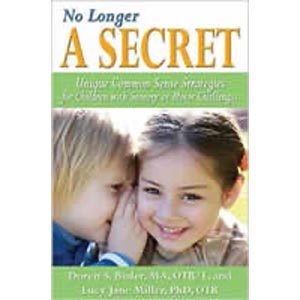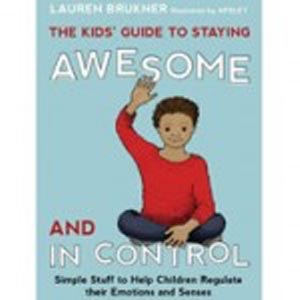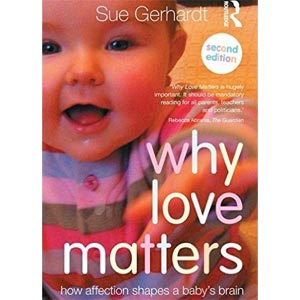I wonder what these terms mean to you? Do you every feel confused when terms such as arousal, alertness, regulation, self regulation , or self-control are mentioned? If so, you are certainly not alone. And then what has all this to do with sensory processing? It can all seem a bit of a minefield!
Here are some definitions, but as often is the case, they only give part of the picture.
Arousal is the state of being physiologically alert, awake and attentive.
Regulation is all about learning strategies to keep the body’s systems in balance (1).
Self regulation is the ability to maintain, and change one’s arousal appropriately for a task or situation (2).
Why is arousal, regulation and self regulation so important for us as individuals? See some of the research and resources below.
As I mentioned in the last newsletter, I recently attended a two-day SCERTS teacher training workshop. The Emotional Regulation domain of SCERTS is so linked to sensory processing and sensory regulating strategies. Since attending the course, I have been reading the book ‘Uniquely Human’ by Barry Prizant, coauthor of the SCERTS model. I have loved this book. it is not often that I read a book and feel so affirmed in my own practice and values. If you haven’t read this book, I would highly recommend it. I could give multiple quotes from this book, so here are just a couple of quotes from the first chapter titled “Ask Why?”
“Difficulty staying well-regulated emotionally and physiologically should be a core, defining feature of autism. Unfortunately professionals have long overlooked this, focusing on the resulting behaviours instead of the underlying causes” p 19
“Deficit checklist approaches in treating autism prove ineffective. They can actually cause more anxiety for the person involved, particularly when they aim to decrease strategies that help the person….. They fail to delve into the true motivations underlying the behaviours, and they often blame the person for being noncompliant or intentionally manipulative rather than recognizing that the individual is successfully using appropriate strategies – however unconventional in appearance. If they succeed at eliminating these behaviours, what they’re really doing is stripping the person of coping strategies ………. A better approach is to recognise the purpose and value of such behaviour and, when necessary, to teach other strategies to stay well regulated.” p 29
If you would like to find out more about arousal, regulation and sensory processing then why not attend a course. Each course covers a different aspect:
Introduction to Sensory Integration and Sensory Processing Disorder covers regulation as related to the sensory systems, how sensory processing difficulties impact on arousal and regulation, and sensory strategies that can be put in place.
Sensory Processing and Autism builds on the knowledge from the introductory course and covers the neuroscience foundations of arousal and regulation, and how to develop a problem solving framework to devise strategies to support an individual.
Making SENSE of Behaviour also builds on the knowledge from the introductory course and covers how vulnerability factors such as attachment and early trauma impact on arousal and regulation.
Ref: (1) Megan, F (2011) The Babysense Secret (2) Williams, MS, and Shellenberger, S (1996) How does your engine run? A leader’s guide to the alert program for self-regulation
Research
Here are some findings on regulation from research:
- Social skills and emotional regulation are the two most important characteristics needed for success at school.
- Emotional regulation is an even better predictor of school readiness than IQ.
- Attention regulation has been shown to correlate with measures of school readiness.
- At preschool age, regulation predicts later academic competence.
Resources
Stress, trauma and the brain
Watch this video which explains why regulation is so important for educators.
Uniquely human – A different way of seeing autism
My new “must-read” book for therapists, teachers and parents. Empathetic, insightful and challenges many of the traditional views on autism and the cure-it mentality. Written by Barry Prizant the coauthor of the SCERTS Model.

No longer a secret
This book provides a useful framework to devise strategies to help an individual with sensory processing difficulties. There is a really helpful chapter on emotional regulation (self-regulation) and then lots of strategies to put in place at home, school or other settings. Definitely a recommended buy for your library.

The kid’s guide to staying awesome and in control
This book is full of sensory ideas to help children aged 7 to 14 to regulate their emotions and senses.

Why love matters
A great book if you are interested in neuroscience and development and want to understand how early development impacts regulation as well as emotional and physical well being.




